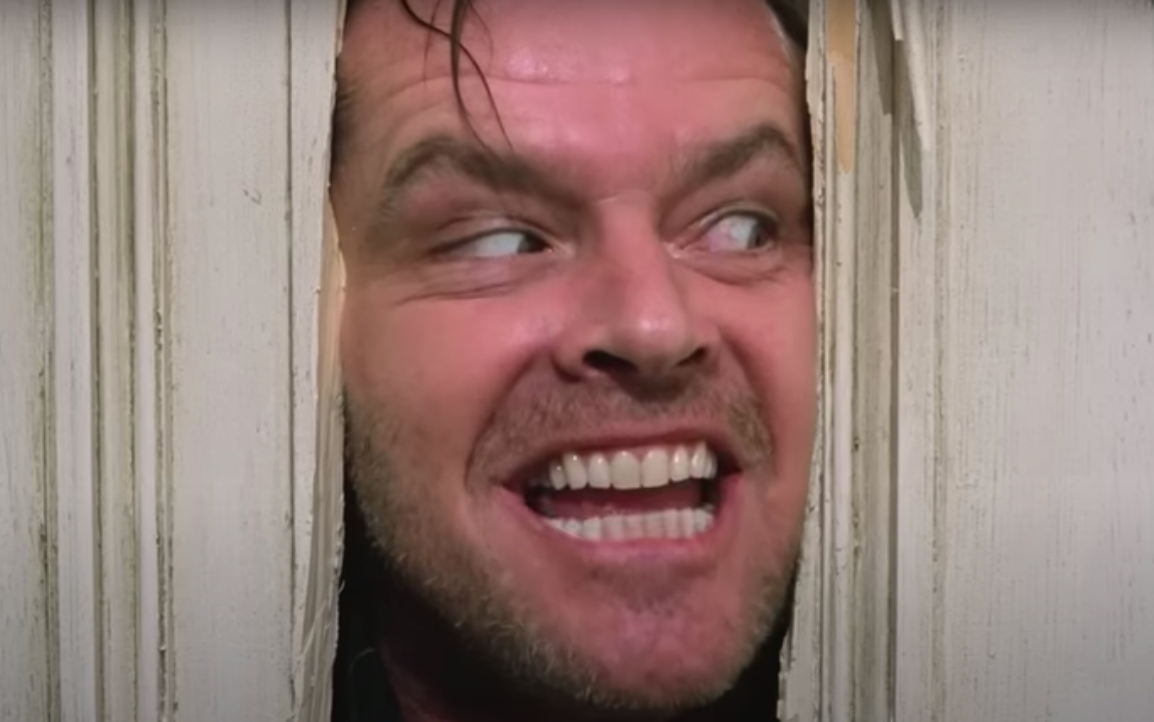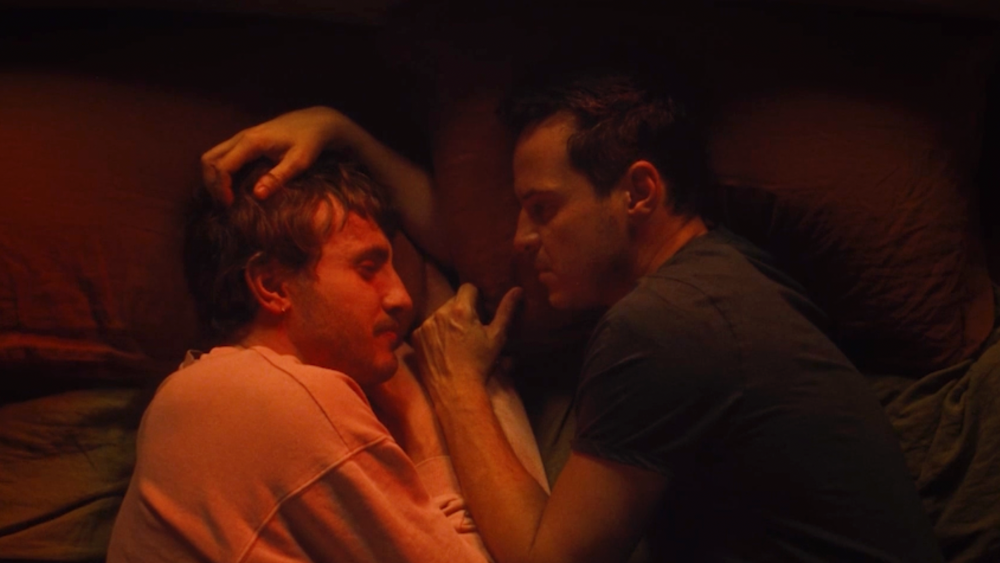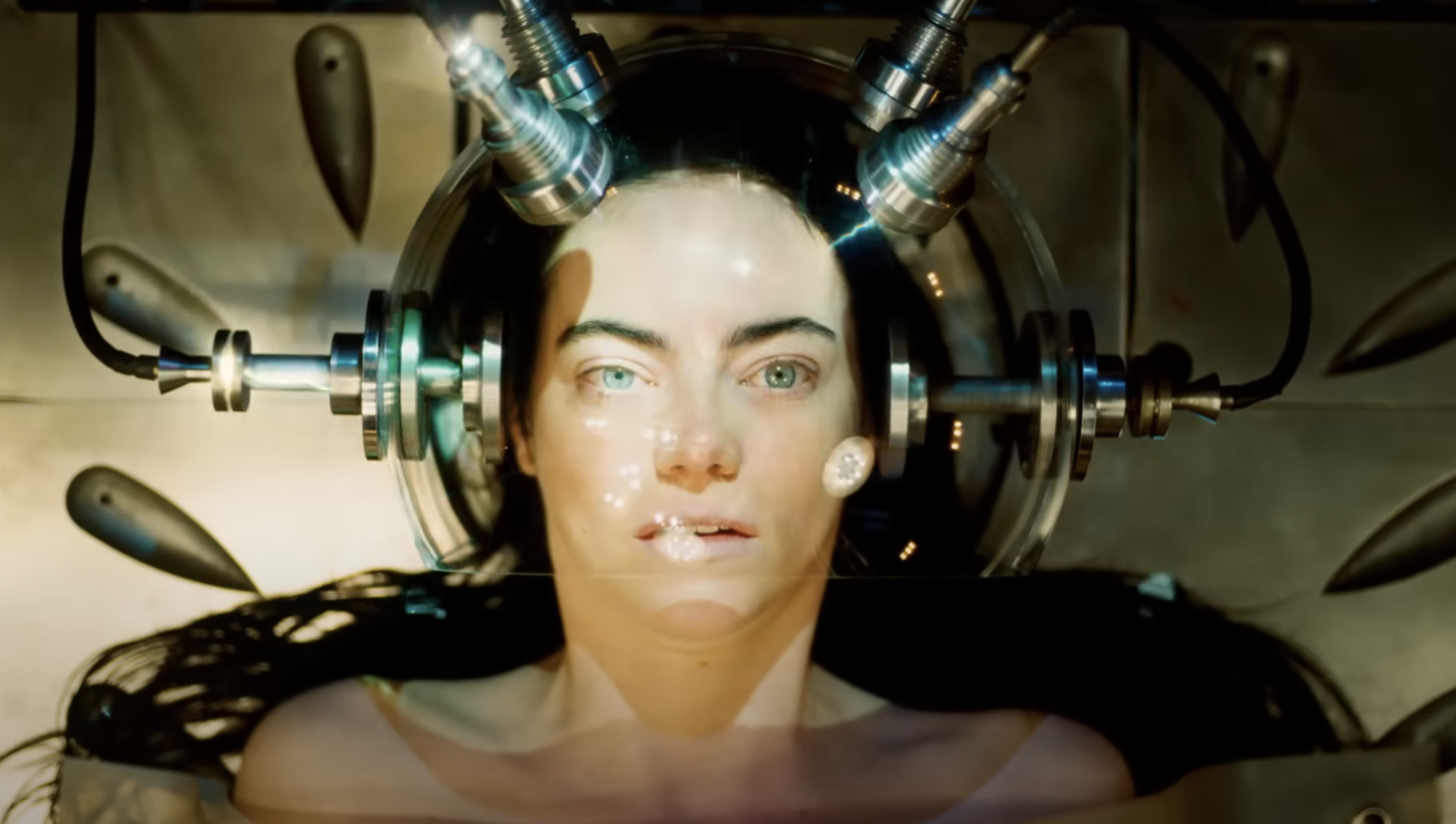Books & Culture
The Literature Behind Philip Seymour Hoffman’s Best Movies

The untimely passing of actor Philip Seymour Hoffman has produced all kinds of responses in the last three weeks, ranging from grief to celebration of Hoffman’s impressive career. For fans who enjoy the complexities of Hoffman’s films, the following list locates the literary inspirations behind his greatest roles.
The Talented Mr. Ripley (1999)
The Talented Mr. Ripley, a psychological thriller starring Matt Damon and Hoffman in an indispensable supporting role, is based on a novel of the same name by Patricia Highsmith. However, the plot inevitably recalls that of Henry James’ classic comedy The Ambassadors: An aging couple of means recruits an acquaintance they superficially trust to travel to Europe and persuade their free-spirited son to return to the States. In Europe, the encounters between Tom Ripley (the novel’s Lambert Strether) and Dickie Greenleaf (Chad Newsome) excite psychological and social intricacies that deeply complicate this initially simple plot. In the film, these complications come to more disastrous ends than in the novel (particularly for Hoffman’s character) but both offer similar and resounding insights into human relationships and their differences on opposite sides of the Atlantic.
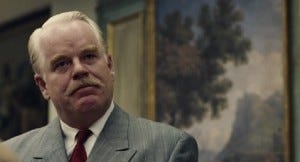
Hoffman as Lancaster Dodd in “The Master”
The Master (2012)
Paul Thomas Anderson’s The Master was unmasked long before its release as a send-up of the cult of personality surrounding sci-fi author-turned-religious leader L. Ron Hubbard, a larger than life version of whom Hoffman powerfully embodies. Beyond its loose revisionist history, the film is concerned with themes of postwar identity that Anderson must have explored reading Thomas Pynchon, whose Inherent Vice he has recently adapted. The Master’s Freddie Quell is recognizable as a composite portrait of Benny Profane and Pig Bodine, the two discharged naval officers whose antics give life to Pynchon’s V. Anderson admits to mining the novel for some scenes eventually cut from the script. While the film is far from an adaptation, as a story about two men seeking a code by which to live in the aftermath of an upheaval of accepted values, it complements the novel nicely.
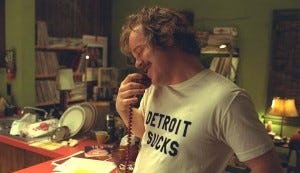
Hoffman as Lester Bangs in “Almost Famous”
Almost Famous (2000)
Anyone who doubts that Lester Bangs, the legendary rock critic portrayed by Hoffman in the late-classic rock-era romantic comedy Almost Famous, was a writer of true literary caliber, is unfamiliar with his landmark collection Psychotic Reactions and Carburetor Dung. In the film, Hoffman exaggerates the spare and wryly philosophical wit that occasionally tempered Bangs’ personality and his writing. What one finds in Bangs’ best criticism is a better representation of his true nature: wild bursts of devotional praise that fall hard into “honest and unmerciful” jeering inside a single run-on sentence, again and again and again. Bangs’ love of and anger at music drove him to develop an aesthetic and moral calculus thereof, and thereby transform rock criticism into a mode part poetry and part critical theory. Hoffman only goes so far toward capturing Bangs’ genius, but maybe only so that the other characters in the film can remain at least somewhat interesting.
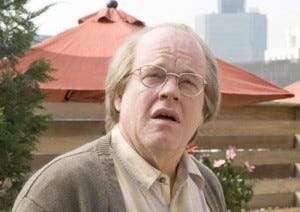
Hoffman as Caden Cotard in “Synecdoche, New York”
Synecdoche, New York (2008)
Screenwriter Charlie Kaufman’s directorial debut, a sprawling epic that functions partly as a parody of the sprawling epic, cannot be attributed to one single literary inspiration. Hoffman stars as Caden Cotard, a death-obsessed theater director whose name refers to Dr. Cottard, the character from Proust whose name refers to Jules Cotard, discoverer of a delusion that convinces its sufferer that they have died. As it meditates via endless doubling and self-reference on the relationship between art and death, the film’s characters rattle off a list of literary references that includes Proust’s In Search of Lost Time, Harold Pinter’s The Dumb Waiter, Arthur Miller’s Death of a Salesman, Kafka’s The Trial, Beckett’s Krapp’s Last Tape, Artaud, Freud, Jerzy Grotowski, and too many others. The movie and Hoffman’s performance are both of a truly literary quality, probably because it is a text woven of literary threads.
Capote (2005)
No one needs to be told that Capote, the film for which Hoffman won his Academy Award for best actor, is a movie about a famous author based on a famous book. Truman Capote’s biography and the mythology surrounding it did not need to be revived by Hoffman to live on in literary and cultural memory. However, what the film offers beyond a seriously undertaken rendering of Capote’s singular persona is a revival of a particular moment in American literary history. Examining the personages of Capote, novelist Harper Lee, playwright Jack Dunphy, and other names more tangentially dropped (James Baldwin’s, for one), the film reminds viewers of a time when social issues were so pressing and impossible to ignore that they became the necessary preoccupations of some of the nation’s most respected literary craftspeople.






